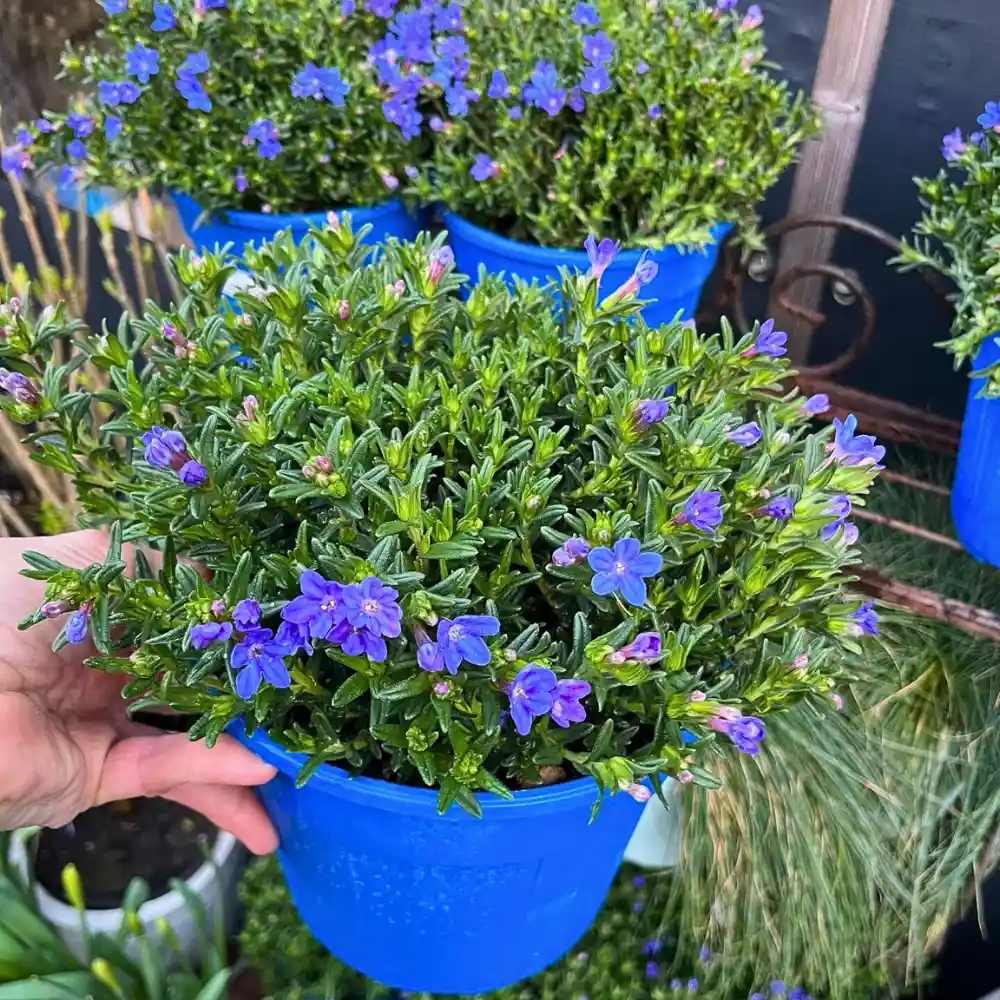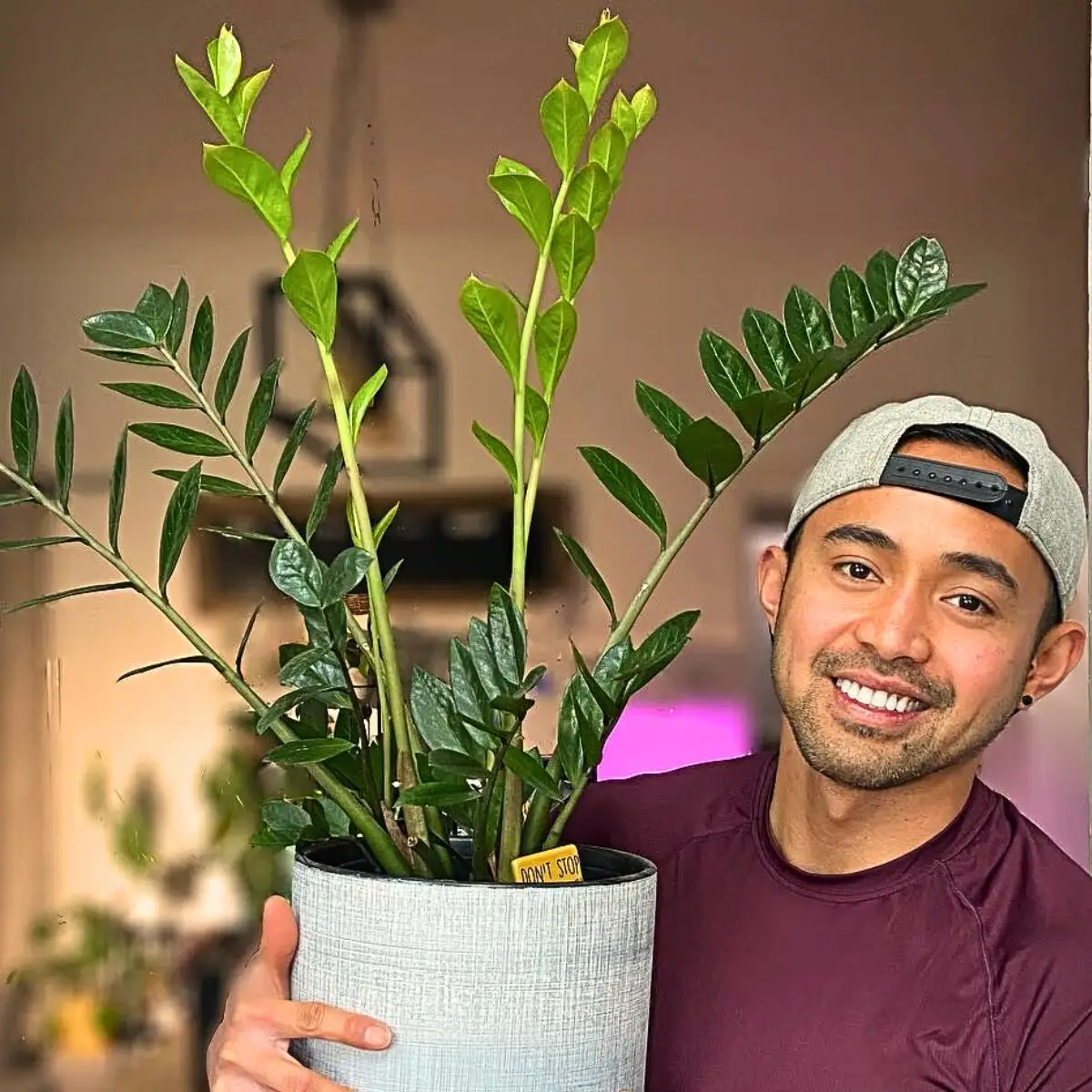Plants require the right mix of sunlight, water, and nutrients to thrive. But what if something as simple as using hot water could boost their health? Though it may seem unusual to use heat on plants, hot water treatments have long been used in gardening and farming to promote plant health and guard against pests. Could this be the hidden secret to stronger plants? This article explains the benefits of hot water treatments and how they can improve plant care.
What is Hot Water Treatment for Plants?
Hot water treatment involves soaking plants, seeds, or soil in water heated to a specific temperature for a certain amount of time. This method is used to solve various plant problems, such as pests and diseases. The temperature and soaking time depends on the type of plant and the issue at hand. Since it’s chemical-free, it’s an eco-friendly option for plant care.

How Does It Work?
The concept behind hot water treatment is simple: heat can kill pests, fungi, and bacteria without harming the plant itself. Many of these harmful organisms are highly sensitive to temperature changes. By applying heat, gardeners can remove them without the need for harsh chemicals.
For example, pests like aphids and thrips, along with soil-based diseases like root rot, can be significantly reduced using hot water treatments. This approach protects plants naturally and effectively.
But what if you can’t apply hot water treatments because your water heater is outdated or broken? In that case, it might be time to replace your water heater. A new, efficient heater will not only help with your plant care but also improve your overall household needs. Replace your water heater now and keep both your plants and home running smoothly!
Benefits of Hot Water Treatments
Hot water treatments offer several advantages, making them a valuable tool for gardeners.

Pest and Disease Control
Hot water treatments are widely known for their ability to eliminate pests and diseases. Heat can neutralize harmful organisms without leaving behind harmful residues like chemical pesticides do. This makes it safer for the environment and the plants.
Enhanced Seed Germination
Hot water seed treatment helps improve germination. Some seeds have tough outer shells, which slow down the sprouting process. Warm water softens these shells, allowing seeds to sprout faster and more consistently. Crops like beans, peas, and spinach often benefit from hot water seed treatment.
Reducing Plant Stress
Hot water treatments can also help relieve stress in plants, especially after transplanting or during environmental changes like droughts. By using the correct water temperature, you can promote recovery, helping plants bounce back from stressful situations.
How to Apply Hot Water Treatments
To avoid damaging your plants, it’s important to apply hot water treatments correctly. Here’s how to do it safely.
Step 1: Choose the Right Temperature
The right temperature is key to success. For most plants, 110°F to 120°F (43°C to 49°C) is effective for pest and disease control. For seeds, a lower temperature range of 85°F to 95°F (29°C to 35°C) is usually sufficient.

Step 2: Prepare the Plants or Seeds
Before treating, ensure your plants or seeds, like tomato seed or pepper seeds, are in good condition. Clean seeds thoroughly before soaking. For plants, make sure they aren’t showing signs of stress, such as wilting, which could make them more vulnerable to heat.
Step 3: Soak or Water
For seed treatments, immerse them in hot water for 20 to 30 minutes, depending on the plant type. After soaking, rinse them with cool water before planting. For plants, you can either dip them in the water or carefully pour it over the roots. Avoid pouring hot water directly onto leaves or stems to prevent burns.
Step 4: Monitor Plant Health
After treatment, closely watch your plants. Some may show signs of improvement quickly, while others might take a few days. If you notice stress signs like browning or wilting, stop the treatment and let your plants recover.
Risks of Hot Water Treatments
While hot water treatments offer many benefits, there are risks if not applied correctly.

Overheating
Overheating is a common risk. If the water is too hot or the exposure is too long, the roots and leaves can get damaged. Always monitor the water temperature carefully and stick to recommended treatment times.
Not Effective on All Pests
While hot water is effective on many pests, some, like certain insect eggs, are more resistant to heat. For these cases, you might need additional treatments or combined methods for the best results.
Disturbing Soil Balance
Hot water can disrupt the natural balance in soil by affecting beneficial organisms. While it eliminates harmful bacteria, it can also harm helpful microbes. Use treatments sparingly to maintain soil health.
When to Avoid Hot Water Treatments
There are situations when hot water treatments may not be suitable for certain plants or conditions.

Sensitive Plants
Some plants are more delicate and can’t handle hot water well. Plants like ferns and orchids, which thrive in cooler environments, may suffer from root damage if exposed to heat.
Cold-Climate Plants
Plants that grow in cold climates may also be more sensitive to hot water treatments. These plants are used to cooler temperatures, and heat could stress or harm them. In these cases, alternative pest control methods are better options.
Should You Try Hot Water Treatments?
So, is this method right for your garden? Hot water treatments can be a great solution for certain problems, such as pests, and improving seed germination. However, they should be used with care, especially for plants sensitive to heat. Always consider your plants’ needs before applying this treatment.
When used properly, hot water treatments are a simple, natural way to support plant health. By knowing when and how to use them, you can help your plants grow stronger and healthier.
Improve Plant Health
Hot water treatments offer a natural, effective way to improve plant health. From controlling pests to boosting seed sprouting and reducing plant stress, this method is a valuable tool for gardeners. However, it’s essential to use hot water treatments carefully to avoid damaging your plants. By understanding your plants’ needs and applying the correct treatment, you can help them thrive without using harsh chemicals.










